-

Application of furfuryl alcohol
Furfural is the raw material of furfural alcohol, furfural is obtained from the cracking and dehydration of pentose contained in agricultural and sideline products, furfural is hydrogenated to furfural alcohol under the condition of catalyst. Furfuryl alcohol is the main raw material of furan res...Read more -

What Chemicals Are Commonly Used In Sewage Treatment Plants?
When Considering Your Wastewater Treatment Process, Start By Determining What You Need To Remove From The Water In Order To Meet Discharge Requirements. With Proper Chemical Treatment, You Can Remove Ions And Smaller Dissolved Solids From Water, As Well As Suspended Solids. Chemicals Used In Sewa...Read more -
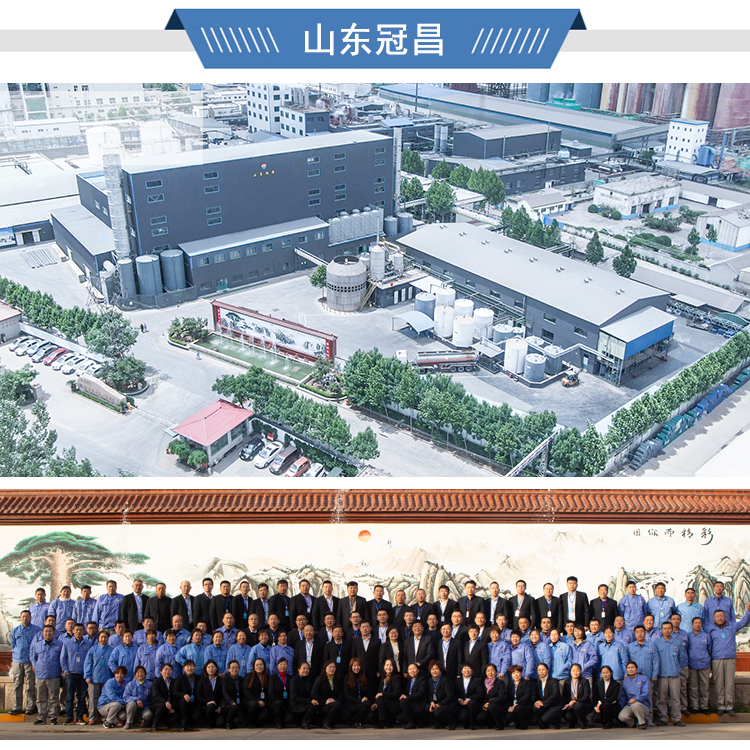
High Quality Acrylamide for Polymer Production
High Quality Acrylamide for Polymer Production Introduce: Our Acrylamides Are Highly Efficient Compounds Essential For Polymer Production. We Have More Than 20 Years Of Experience In The Chemical Industry And Provide Direct Sales From Source Factories. Our Products Have High Performance Standards...Read more -
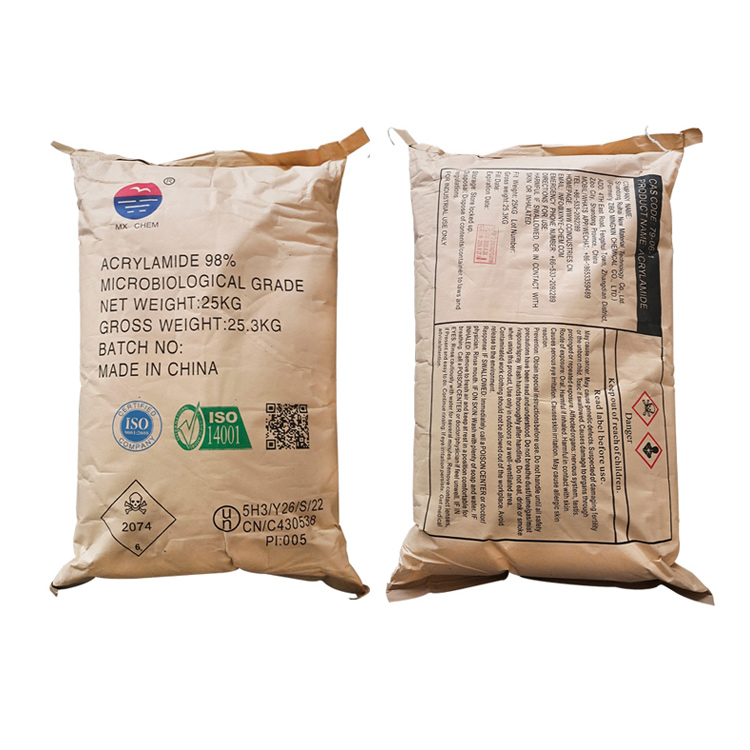
Acrylamide production process and principle
Production method Method 1: Hydrolysis method The acrylamide obtained by hydrolysis method has an irregular distribution of acrylamide chains on macromolecular chains. The molar percentage of acrylamide chains on macromolecular chains is the degree of hydrolysis. Compared with the copolymerizatio...Read more -
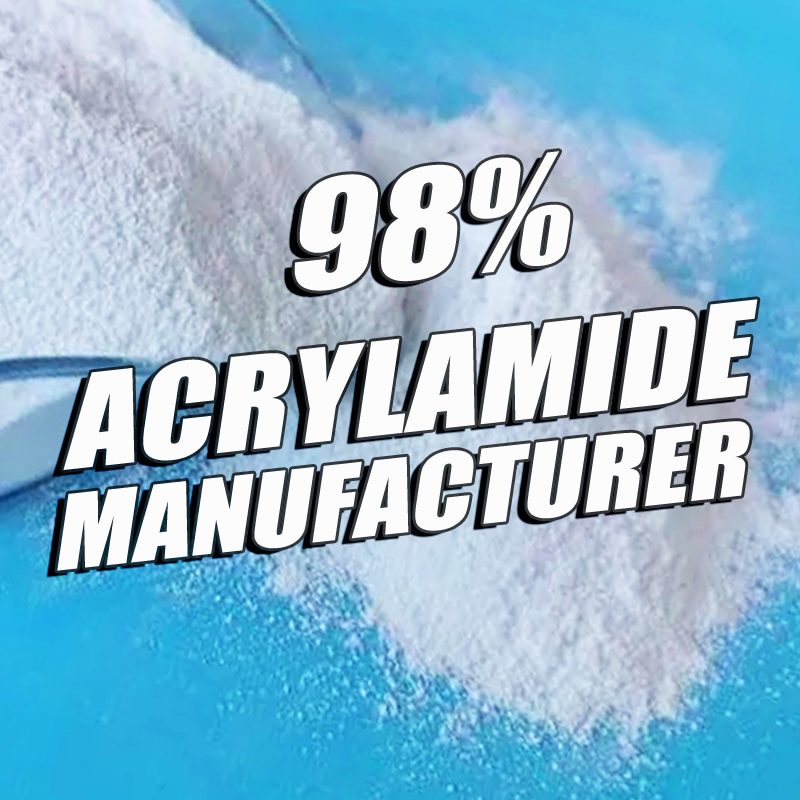
Research And Application Of Acrylamide
Acrylamide contains carbon-carbon double bond and amide group, which has the chemical commonality of double bond: it is easy to polymerize under ultraviolet irradiation or at melting point temperature;In addition, double bonds can be added to hydroxyl compounds under alkaline conditions to genera...Read more -
Flocculation and reverse flocculation
FLOCCULATION In the field of chemistry, flocculation is the process by which colloidal particles emerge from a precipitate in flocculent or flake form from a suspension either spontaneously or by the addition of a clarifier. This process differs from precipitation in that the colloid is only susp...Read more -
What is polymer water treatment?
What is a polymer? Polymers are compounds made of molecules joined together in chains. These chains are usually long and can be repeated to increase the size of the molecular structure. Individual molecules in a chain are called monomers, and the chain structure can be manually manipulated or mod...Read more -
Characteristics and treatment of agricultural and food industry wastewater
Wastewater from agriculture and food processing has significant characteristics that distinguish it from ordinary municipal wastewater managed by public or private wastewater treatment plants around the world: it is biodegradable and non-toxic, but has high biological oxygen demand (BOD) and susp...Read more -
The importance of PH in wastewater treatment
Wastewater treatment usually involves the removal of heavy metals and/or organic compounds from effluent. Regulating pH through the addition of acid/alkaline chemicals is an important part of any wastewater treatment system, as it allows the dissolved waste to be separated from the water during t...Read more -
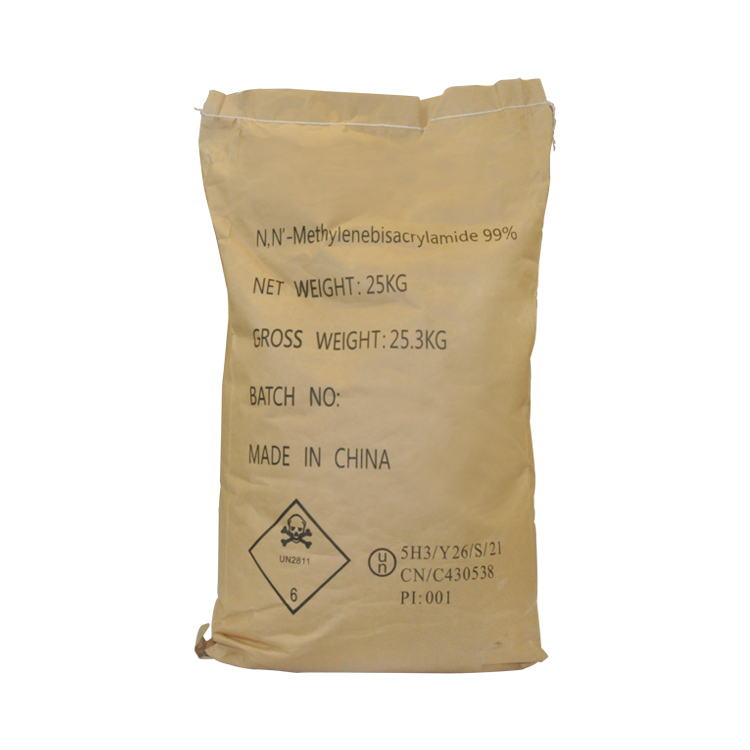
Crosslinking agent for N,N’-Methylenebisacrylamide purposes
N,N’ -methylene diacrylamide (MBAm or MBAA) is a crosslinking agent used in the formation of polymers such as polyacrylamide. Its molecular formula is C7H10N2O2, CAS: 110-26-9, properties: white crystalline powder, soluble in water, also soluble in ethanol, acetone and other organic solvent...Read more -
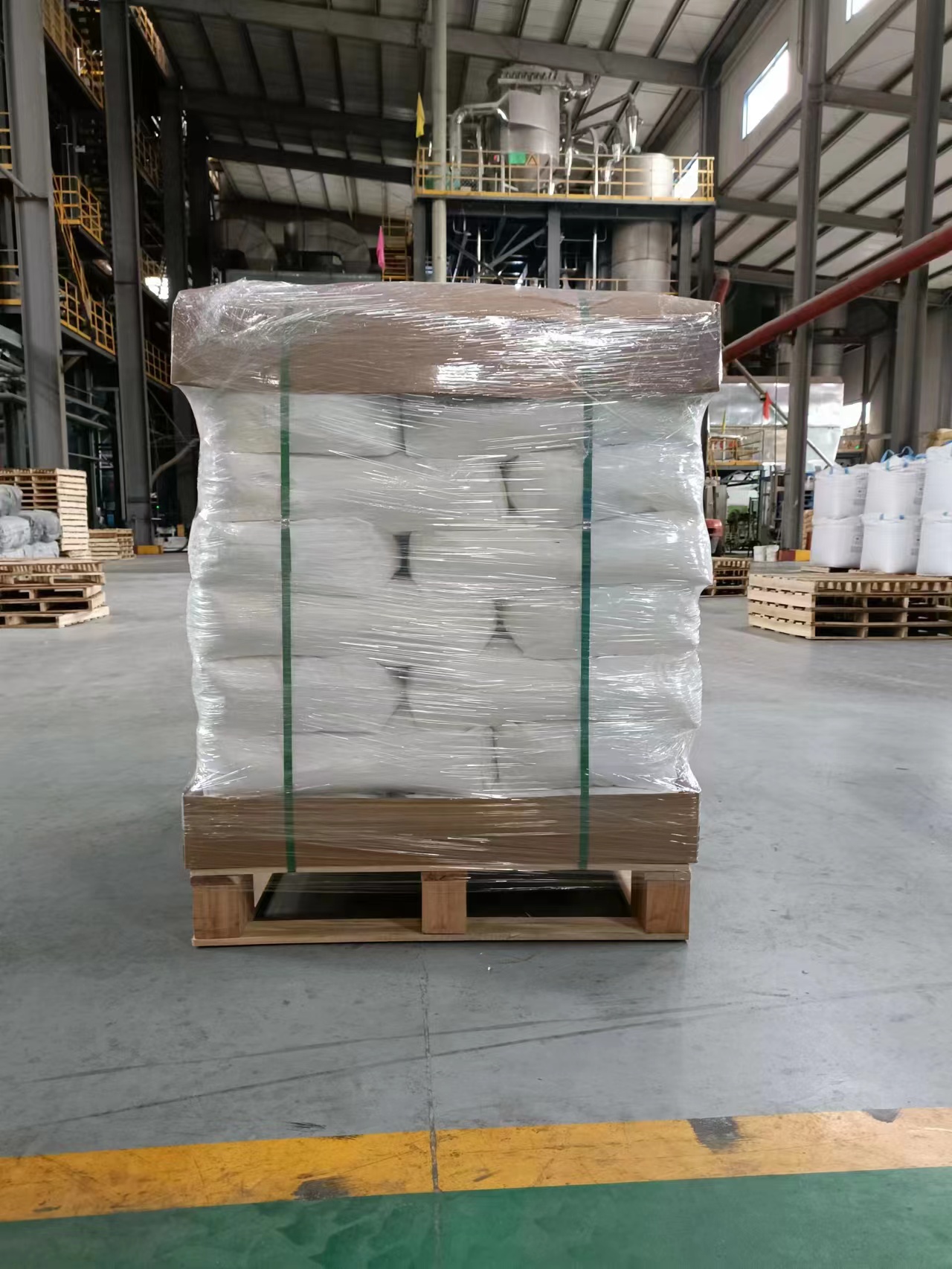
The main sources and characteristics of industrial wastewater
Chemical manufacturing The chemical industry faces significant environmental regulatory challenges in treating its wastewater discharges. Pollutants discharged by petroleum refineries and petrochemical plants include conventional pollutants such as oils and fats and suspended solids, as well as ...Read more -
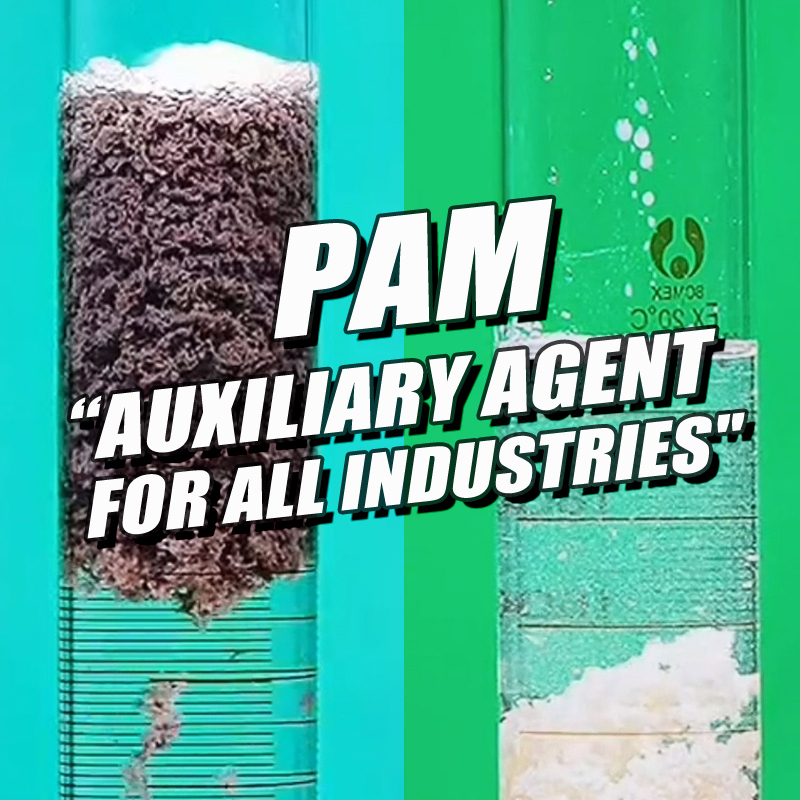
What chemicals are commonly used in sewage treatment plants?
When considering your wastewater treatment process, start by determining what you need to remove from the water in order to meet discharge requirements. With proper chemical treatment, you can remove ions and smaller dissolved solids from water, as well as suspended solids. Chemicals used in sewa...Read more

